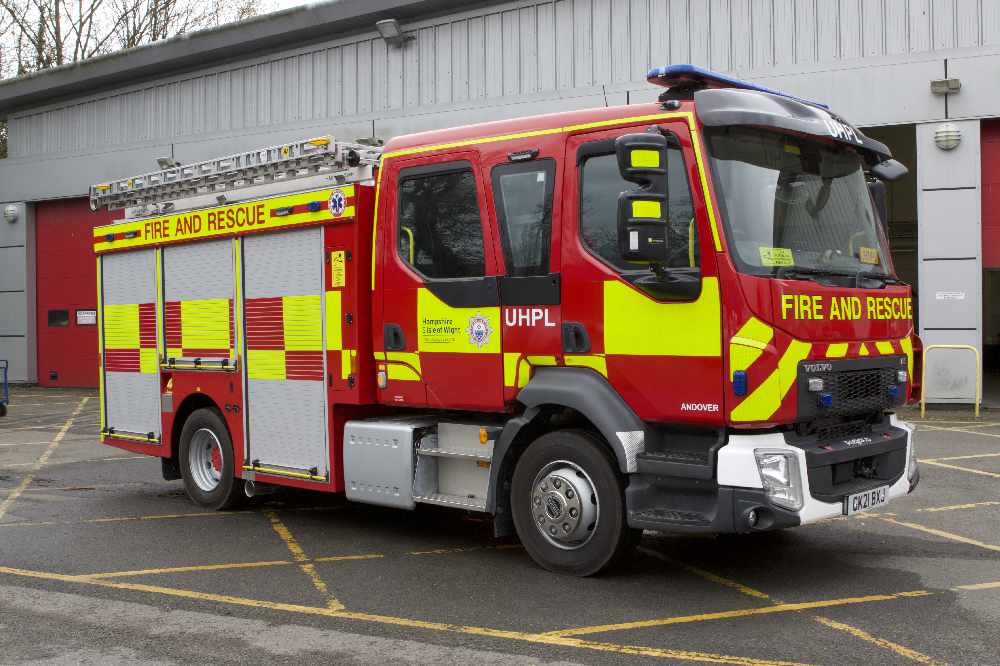
The Hampshire and Isle of Wight Fire and Rescue Service has moved to reassure Islanders that contingency plans are in place, should a number of firefighters be absent through COVID.
Concerns have been raised by the Fire Brigades' Union (FBU) that resources are being stretched to the limit - with one station in Gosport reportedly having no firefighters available for duty. The FBU claims that firefighters had to be moved on the evening of December 28 to provide cover. On that date, the FBU said that multiple fire stations were so short-staffed that they were left with fire engines unavailable.
As of January 3, the Hampshire and Isle of Wight Fire and Rescue Service had 64 firefighters self-isolating, representing 4.4 per cent of the workforce.
Mark Chapman, Regional Secretary for Region 12 of the Fire Brigades Union, said:
“The service is at an absolutely threadbare level of cover. We even had one fire station essentially left without any firefighters, having to borrow firefighters from another station.
"As Omicron takes grip across the country, that’s something we’ll continue to see in Hampshire and the Isle of Wight and more widely. That’s because the Government has cut the fire and rescue service to its bare bones, with Hampshire losing almost one in five of its firefighters since 2010, and the Isle of Wight losing more than one in four in that same period.”
Kevin Evenett, Assistant Director of Operations for Hampshire and Isle of Wight Fire and Rescue Service, said:
“Like all emergency services, we have robust contingency plans in place to cover staff absences and keep those plans under review to make sure we can continue to respond when needed. This includes moving firefighters and fire engines around when necessary to maintain cover.
“All colleagues have been reminded about the importance of protecting themselves and others from Covid-19 and this includes wearing face masks, practicing social distancing where possible, using lateral flow tests, and isolating when necessary.”
Mr Evenett added:
“Gosport Fire Station was fully crewed on 28 December. Staff absences unrelated to Covid-19 were managed in line with our contingency plans and personnel were moved around to maintain cover.”

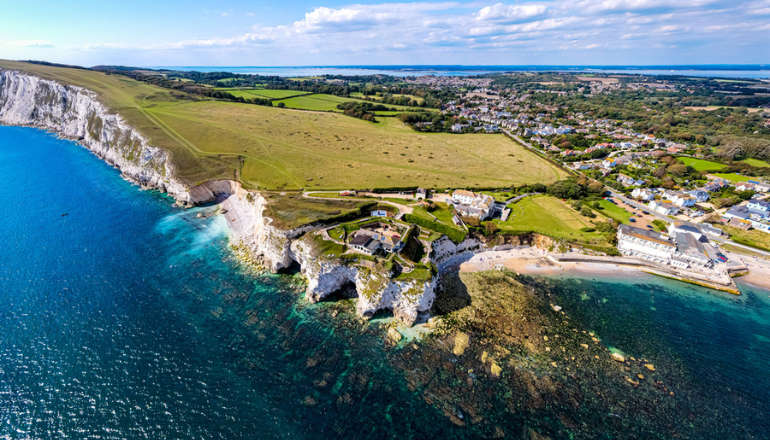 Five-Year Isle Of Wight Area Of Outstanding Natural Beauty Plan Unanimously Approved
Five-Year Isle Of Wight Area Of Outstanding Natural Beauty Plan Unanimously Approved
 More Islanders Cross The Solent With Wightlink’s Discounted Fares For NHS Appointments
More Islanders Cross The Solent With Wightlink’s Discounted Fares For NHS Appointments
 Hampshire And Isle Of Wight Air Ambulance Funds Defibrillators For The Community
Hampshire And Isle Of Wight Air Ambulance Funds Defibrillators For The Community
 Isle Of Wight Council Budget Pressures Likely To Continue Following Autumn Statement
Isle Of Wight Council Budget Pressures Likely To Continue Following Autumn Statement
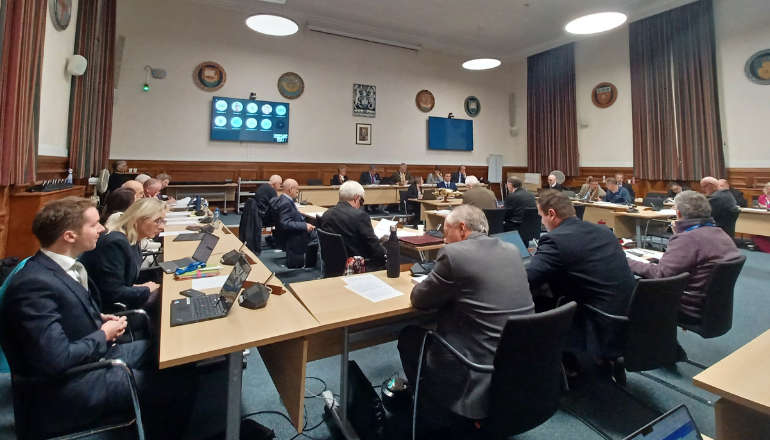 Council Approves Support Package To Help Islanders On Low Incomes
Council Approves Support Package To Help Islanders On Low Incomes
 Isle Of Wight Councillor In Mental Health Priority Motion
Isle Of Wight Councillor In Mental Health Priority Motion
 Bird Keepers Urged To Remain Vigilant Following Increased Avian Influenza Risk
Bird Keepers Urged To Remain Vigilant Following Increased Avian Influenza Risk
 Island Pupils Receive Lesson In Road Safety That Could Save Lives
Island Pupils Receive Lesson In Road Safety That Could Save Lives
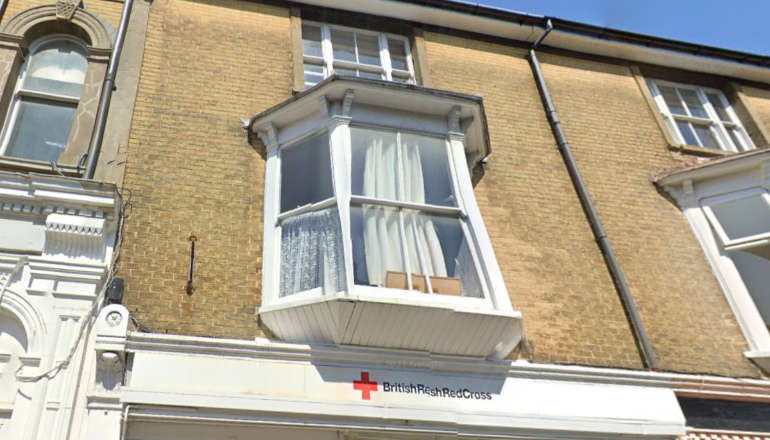 New Shanklin Flats Given Green Light
New Shanklin Flats Given Green Light
 Joe Robertson Appointed Parliamentary Private Secretary For Shadow Culture, Media And Sport
Joe Robertson Appointed Parliamentary Private Secretary For Shadow Culture, Media And Sport
 Shanklin Company Making Nuclear Waste Sorting Safer, Greener And Cheaper
Shanklin Company Making Nuclear Waste Sorting Safer, Greener And Cheaper
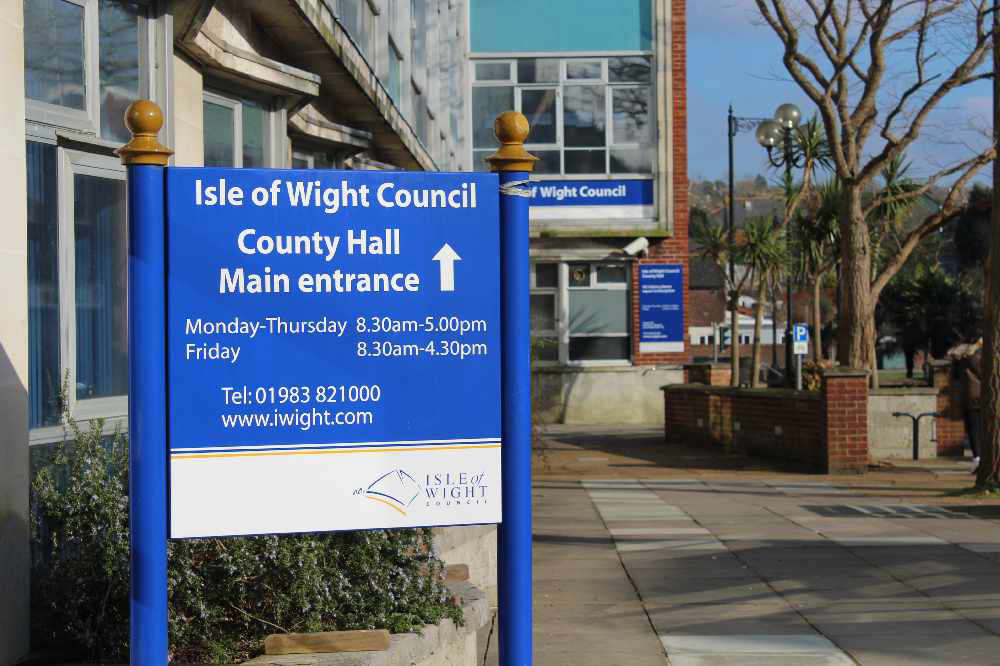 Five-Year Isle Of Wight Landscape Plan Decision On Horizon
Five-Year Isle Of Wight Landscape Plan Decision On Horizon
 Help Sought For Isle Of Wight's Struggling Small Businesses
Help Sought For Isle Of Wight's Struggling Small Businesses
 Primary School Admissions For September 2025 Now Open
Primary School Admissions For September 2025 Now Open
 Island Families Invited To Take Tour Of St Mary's Special Care Baby Unit
Island Families Invited To Take Tour Of St Mary's Special Care Baby Unit
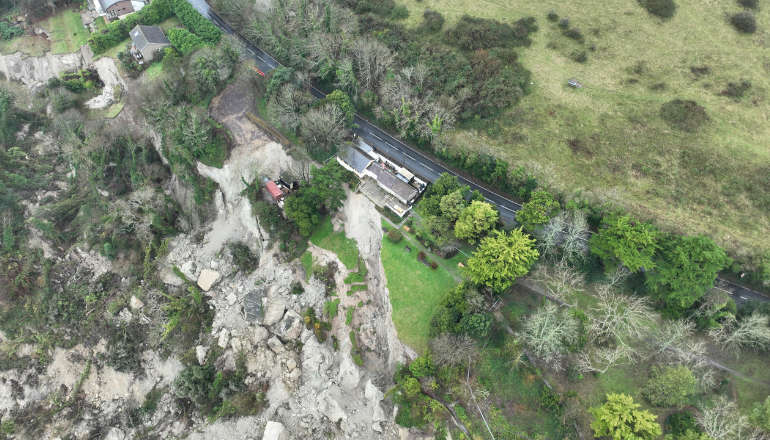 Work To Sink Three Boreholes At Leeson Road Due To Finish This Week
Work To Sink Three Boreholes At Leeson Road Due To Finish This Week
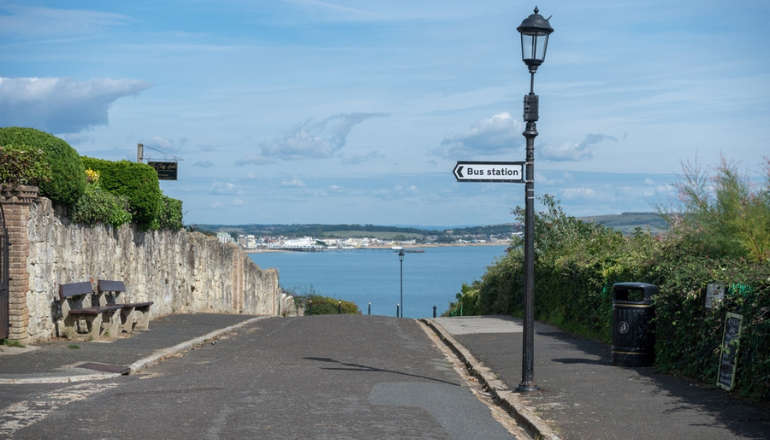 Emergency Works Underway To Repair Shanklin Culvert And Prevent Flooding
Emergency Works Underway To Repair Shanklin Culvert And Prevent Flooding
 New Strategy For Tree Care On Isle Of Wight
New Strategy For Tree Care On Isle Of Wight
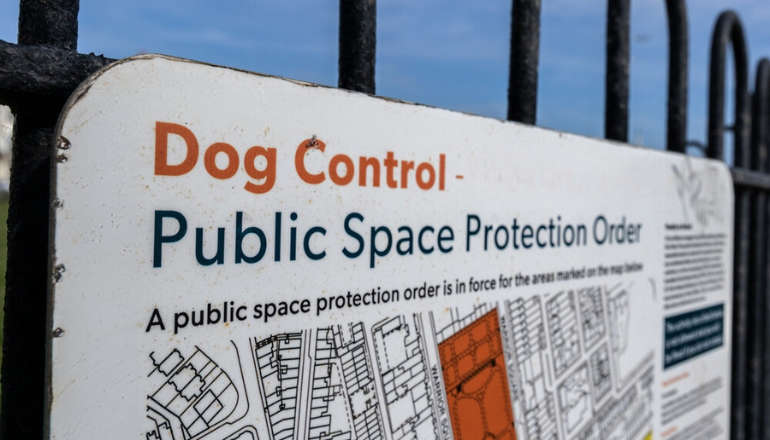 Public Spaces Protection Orders To Be Reinstated Across The Island
Public Spaces Protection Orders To Be Reinstated Across The Island
 Who Is Your Island Tourism Hero? Red Funnel's Isle Of Wight Award Nominations Open For 2025
Who Is Your Island Tourism Hero? Red Funnel's Isle Of Wight Award Nominations Open For 2025


